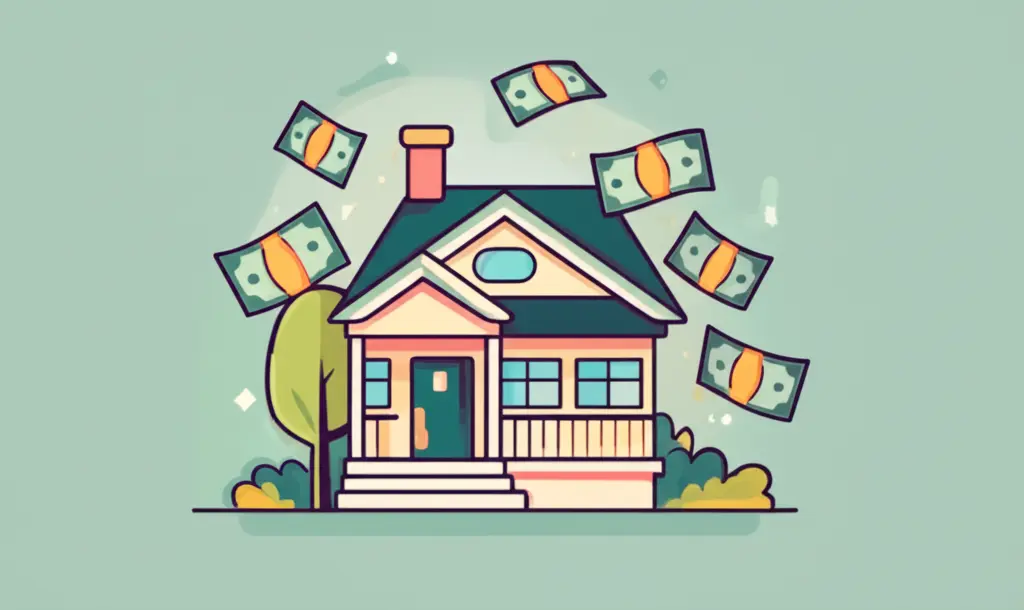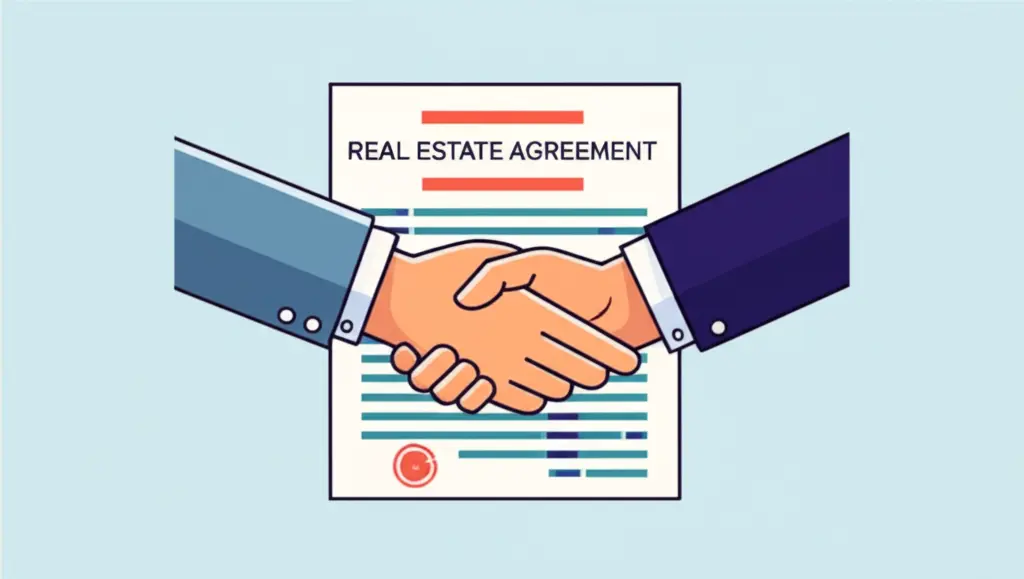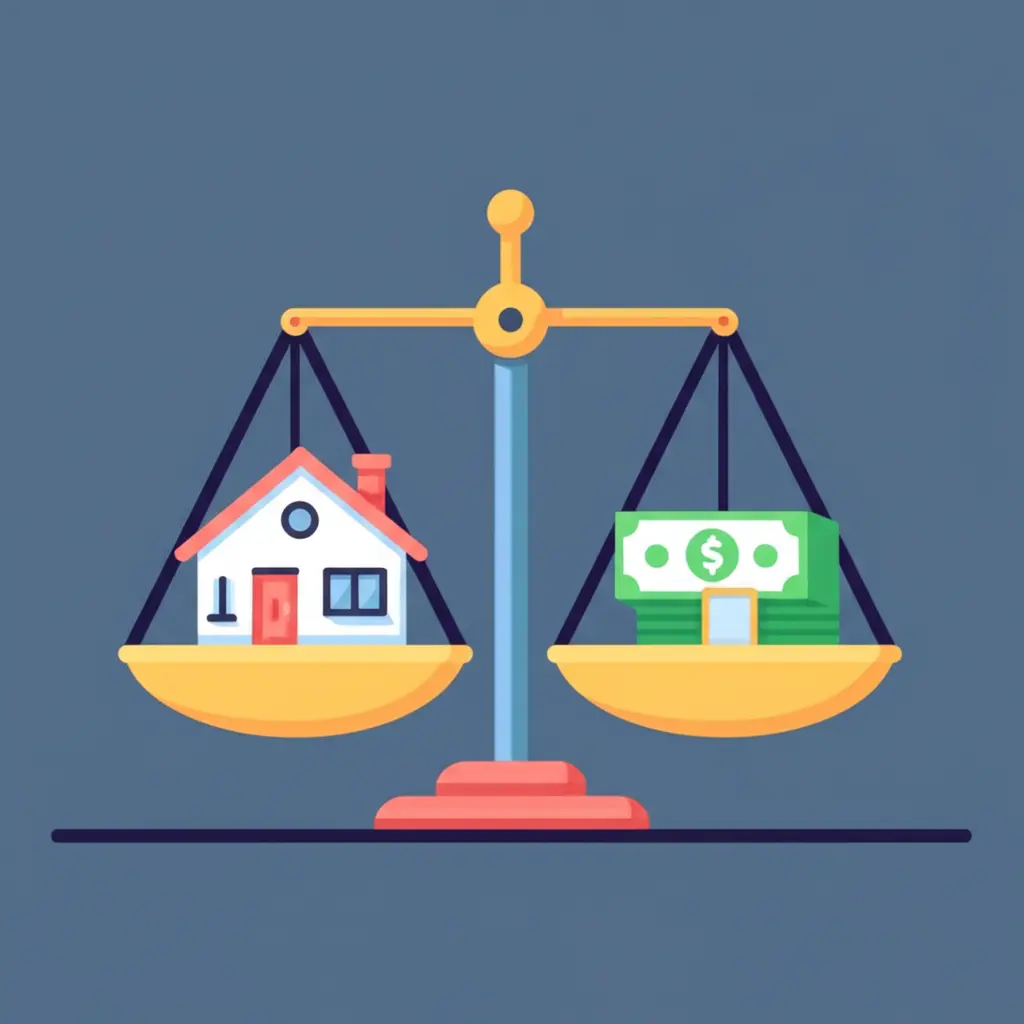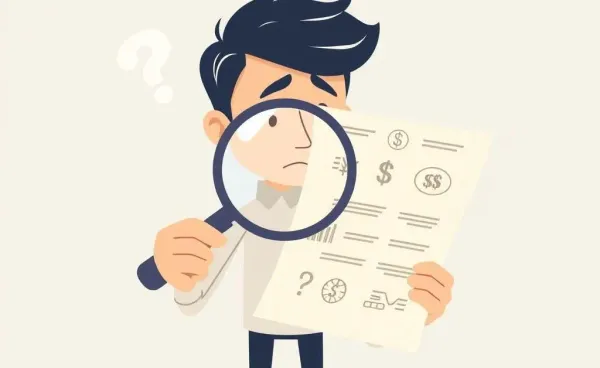Navigating Earnest Money in Real Estate: What You Need to Know
Learn about earnest money in real estate transactions, including how to protect your investment.

Purchasing a home is an exciting journey, but it can also be a maze of paperwork, decisions, and financial commitments—one of which is earnest money. Perhaps you're asking, "What exactly is earnest money?" Allow me to break it down for you.
Understanding Earnest Money in Real Estate
Earnest money, often referred to as a ‘good faith deposit’, is a sum of money you put down to show that you're serious about purchasing a property. It’s a way for the buyer to show commitment before the deal is finalized. The amount can vary but is typically around 1% to 3% of the property’s purchase price.

Why is Earnest Money Important?
This deposit can provide peace of mind for both parties in the transaction. For sellers, it demonstrates the buyer’s dedication, potentially deterring other offers. On the buyer’s side, it can secure your offer on a home, giving you time for inspections or appraisals without the threat of losing out.
Can You Get Your Earnest Money Back?
The return of earnest money isn’t guaranteed. Several factors can influence whether or not you’ll get your deposit back, such as:
- Contingencies: If outlined contingencies like financing or inspection falls through, and you adhere to the timelines, you’re likely in safe territory for a refund.
- Defaulting on the Contract: Exiting the purchase without a valid contract reason can relinquish your earnest money.
- Sellers Backing Out: If the seller decides not to proceed, you should receive your deposit back.

How to Protect Your Earnest Money
Here are some practical tips to safeguard your earnest money:
- Work with a Reputable Agent: An experienced real estate agent can help you understand the contracts fully and guide you through the process.
- Include Contingencies: Ensure your offer includes necessary contingencies to protect your investment.
- Pay Attention to Deadlines: Being prompt and meeting all deadlines in your agreement minimizes risk.
When Legal Action Becomes Necessary
If disputes arise over earnest money, it might be essential to seek legal advice. Real estate transactions can become complex, and sometimes legal intervention is the best path forward to protect your interests.

Conclusion
Understanding the role of earnest money in your home-buying journey is crucial. It’s not just a financial transaction but a vital piece of your commitment to purchasing that dream home. By educating yourself, respecting the process, and seeking appropriate guidance, you can navigate these waters smoothly.
Have you ever encountered earnest money issues? How did you resolve them?




